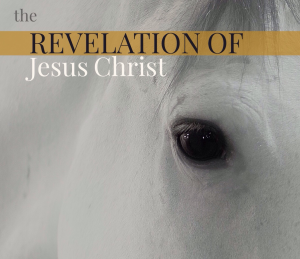Exodus 40 all the way through Leviticus and through chapter 6 of Numbers covers just a single month of time, from the original consecration of the temple and the month that follows. Numbers 7 takes us back to the beginning of that month again to show us some of the goings on that, after reading the previous chapters, we perhaps can appreciate even more.
Specifically, we’re told of how the 12 tribes bring offerings to the tabernacle. It’s an interesting procession, the leader of each of the 12 tribes contributes an ox and they buddy system up to set up two of them per wagon. Moses is told by YHWH to accept the offerings of oxen and wagons and to the Levites so they can use them to execute the tasks they’ve been given to do. Two wagons go to the sons of Gershon, who if you recall from chapter 4 are responsible for hauling all the drapery. That’s heavy business, so they get a couple wagons. Four wagons are given to the sons of Merari, who were the fellas responsible for all the poles, bars, pegs and bases that the drapes go on, also super heavy.
But wait, you say, we’re out of wagons and there was another group of serving Levites, the sons of Kohath. If you recall, those fellas were responsible for all the holy things after the priests got them all covered up. You might also recall, however, that all those holy things, like the altar, lampstands, tables, etc. have holes where you can put poles in. So, bummer for them, Kohath and company get no wagons, they get poles that they use to attach to those things and haul them on foot.
Next, there’s a procession that details how the leader of each tribe of Israel brought gifts to the temple, one each day for 12 days. As tends to be the case, the leader of the tribe of Judah goes first. Each leader brings the same thing, a roughly 3 lb silver plate, a 2 lb silver basin, and a 4 oz gold spoon. The plates and basins had oil and flour in them, the basic ingredients for the cereal offering. They also brought animals, the proper ones for the sin, peace, and burnt offerings. What’s the point of all this? Each and every tribe/person contributes equally to the worship of YHWH, the supplies that sustain the community according to His standard of holiness, and the provision for the priests (the cereal offering was their primary source of income).
The chapter ends on a high note, Moses enters the tent of meeting and speaks with YHWH. The promise of this intention of YHWH to meet Moses there came all the way back in Exodus 25, and as the tabernacle is dedicated, the priests cleansed, and the people having contributed their offerings throughout the community in worship, YHWH keeps that promise and resides among His people.


